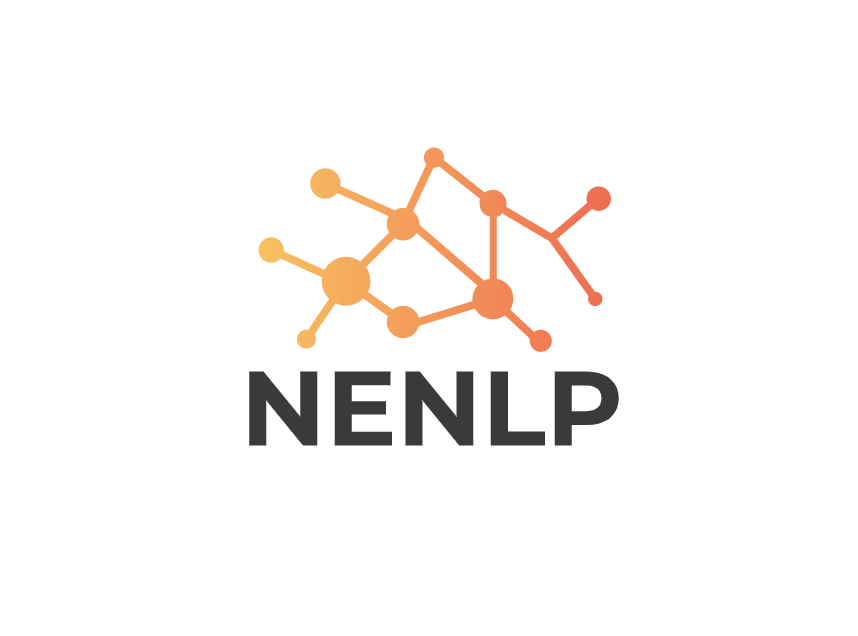| Sheridan Feucht |
Brown University |
Can Visual Models Learn an Abstract Relation from Data? |
|
| Catherine Chen |
Brown University |
Evaluating Search Explainability with Psychometrics and Crowdsourcing |
|
| Alex Gu |
MIT |
ObSynth: An Interactive Synthesis System for Generating Object Models from Natural Language Specifications |
| Michal Golovanevsky |
Brown University |
Scalable and Interpretable Multimodal Attention |
| Zhaofeng Wu |
MIT |
Transparency Helps Reveal When Language Models Learn Meaning |
| Isidora Tourni |
Boston University |
An Empirical study of Unsupervised Neural Machine Translation: analyzing NMT output, model’s behavior and sentences’ contribution |
| William Rudman |
Brown University |
Stable Anisotropic Regularization |
| Aaron Traylor |
Brown University |
Analyzing Transformer Mechanisms for Cognitive Branching |
| Qinan Yu, Alyssa Loo |
Brown University |
Are Language Models Worse than Humans at Following Prompts? It's Complicated |
| Ankita Gupta |
UMass Amherst |
ezCoref: Towards Unifying Annotation Guidelines for Coreference Resolution |
| Chau Pham and Marisa Hudspeth |
UMass Amherst |
Gender and Power in Latin Narratives |
| Charles Lovering |
Brown University |
Training Priors Predict Text-To-Image Model Performance |
| Afra Feyza Akyurek |
Boston university |
RL4F: Generating Natural Language Feedback with Reinforcement Learning for Repairing Model Outputs |
| Evan Hernandez |
MIT |
Latent Linear Relational Embeddings in Transformer Language Models |
| Vlad Lialin |
UMass Lowell |
Parameter-efficient fine-tuning. A survey |
| Denis Jered McInerney |
Northeastern University |
CHiLL: Zero-shot Custom Interpretable Feature Extraction from Clinical Notes with Large Language Models |
| Jack Merullo |
Brown University |
Feed Forward Networks Implement Abstract Functions that Transfer Across Contexts |
| Varshini Subhash, Anna Bialas |
Harvard University |
Why do universal adversarial attacks work on large language models? |
| Erica Cai, Brendan O'Connor |
UMass Amherst |
Efficient and modality-independent zero-shot event extraction of entities with actor representatives |
